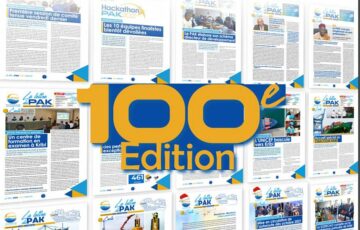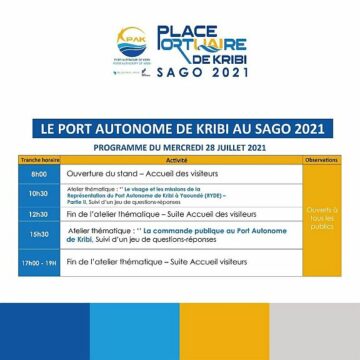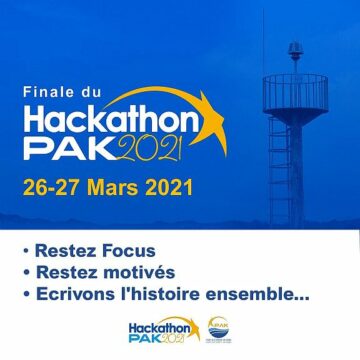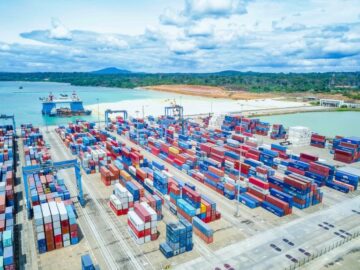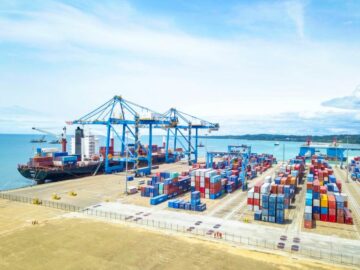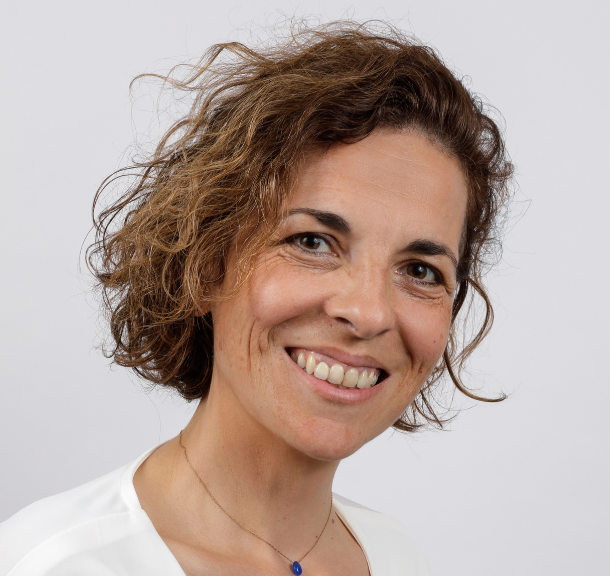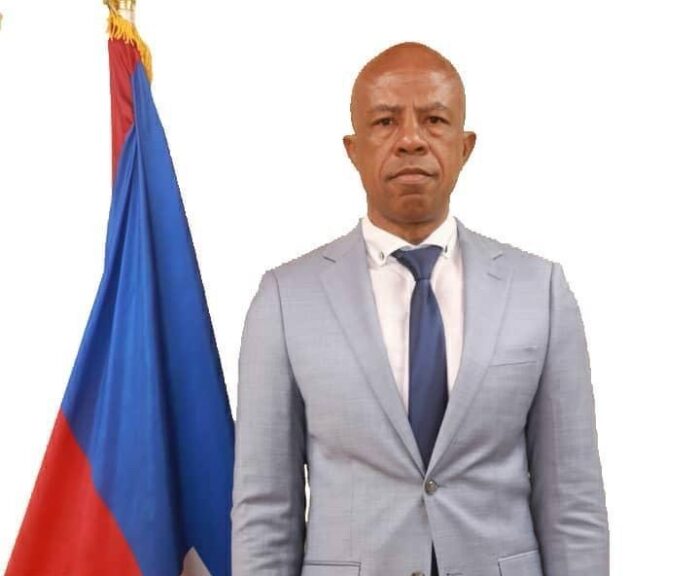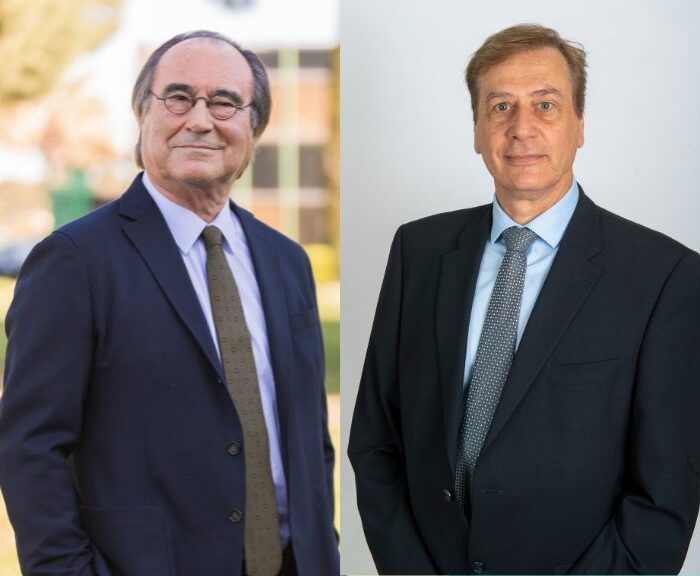Convinced that its development and efficiency cannot be achieved without a constant evolution of skills, the Port Authority of Kribi is multiplying actions and partnerships towards this purpose. This conviction will notably be translated by the creation of a training centre for port professions. It is also supported by a dynamic communication strategy enabling the port and its employment opportunities to be better known. Attracting new talents also means offering them an attractive living environment. And this is also one of the objectives of the framework agreement between the Port and the City of Kribi. An interview with Patrice MELOM, Director General, Autonomous Port of Kribi (PAK).
The Port Authority of Kribi is a member of AIVP since 2017
AIVP – General Manager, in 2018 you signed a partnership agreement with the Port of Antwerp (also an AIVP member). Skills transfer and training is one of the lines developed in the framework of this partnership. What actions has it enabled you to carry out to develop your human capital?
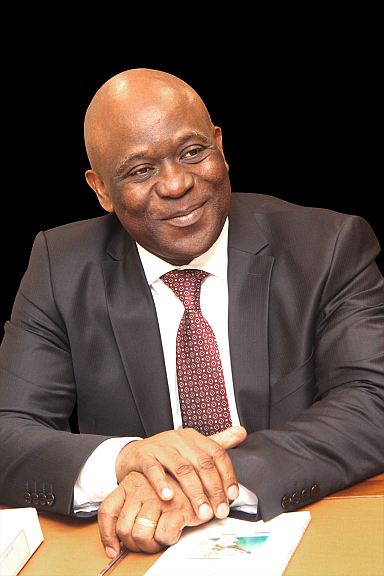
Patrice MELOM, General Manager, Port Authority of Kribi (PAK) – That is correct, Port Autonome de Kribi has been linked to Port of Antwerp International (PAI) by a Cooperation Agreement since 2018. Moreover, on 1st July this year the Agreement was renewed by video-conference for a further three years. The Agreement was to have been extended tacitly but we had to sign certain documents because it had been redrafted. The new framework agreement now covers a wider and more ambitious field of activities which is better aligned to the challenges facing the Port of Kribi. The most important areas are: developing its berthing capacity and operational performance; developing the attractiveness of the industrial zone; improving accessibility and connectivity with its hinterland; and achieving harmonious coexistence with the environment through sustainable and inclusive development of its territory of influence.
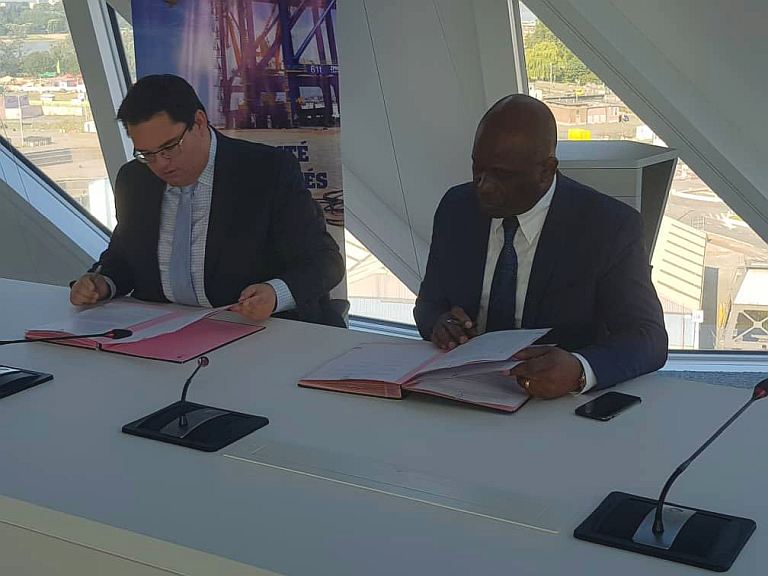
Having said that, the recent signing of the PAK/PAI Cooperation Agreement was a good moment to review the first three years of the partnership. I was able to thank the management of PAI in general, and particularly those responsible for APEC (Antwerp Port Training Center), for the assistance they have given PAK in terms of human resource training.
In the framework of this Agreement we have basically been able to organise benchmarks with the Port of Antwerp for twenty senior staff of the Port Captains Department and the Development and Environment Department (DAME), to provide a basis for their operational capacities.
Unfortunately we must recognise that the COVID-19 pandemic has been a severe set-back to the action plan drafted for implementing the Agreement. Nevertheless, we are quite pleased with what has been achieved and we have made a fresh start since July on a new basis, taking into account the possibilities of more flexible online procedures which can be followed even in times of crisis.
AIVP – In 2019 the 1st Kribi General Youth Forum was held. The creation of a training centre in Kribi for port and industrial careers was announced at the Forum. A study was launched at the beginning of 2021 to evaluate training needs in these careers. What are the first conclusions of the study? When will the centre see the light of day and how will it be financed?
Patrice MELOM, General Manager PAK – The project for the creation of a training centre in Kribi for port and industrial careers is being implemented. On 14th January this year a seminar was held to discuss the launch of the feasibility study for the project. Implementation is based on a close partnership between the University of Douala in Cameroon and the IUT of Strasbourg University (UNISTRA) in France. They have a long-standing relationship, notably through the presence in Cameroon of GESCOD (Grand Est Solidarity and Cooperation for Development). On this basis, UNISTRA and the French Embassy, together with the Port Autonome de Kribi (PAK), have developed the project for the feasibility study for the Training Centre with three principal components:
- the development of blocks of competences for initial and continuous training;
- the establishment of a governance structure combining companies and public organisations;
- and finally an architectural study for the building which will house the Centre in Kribi.
A project team has been formed for this purpose. The main purpose of the discussions with experts during the seminar in January was to inform the public, companies involved in the port of Kribi and local elected officials about the initiative, and to invite them to join the project team. Obviously, the next step was to collate the training needs reported by companies in order to design a programme for direct training applicable to jobs on site. This shows how the implementation of this project will enable us to respond to problems of professional qualifications which affect the performance of many of the companies that make up the Kribi port community, while improving the country’s provision of training oriented towards local development.
The feasibility study was launched in January this year and should take 18 months. This means that the results are not yet available; however, we already know that the types of initial training course offered by the Centre will be Bac+2 (two years following completion of secondary education) and a three-year bachelor’s degree. For continuous training, blocks of modules will be proposed to meet the needs identified by companies.
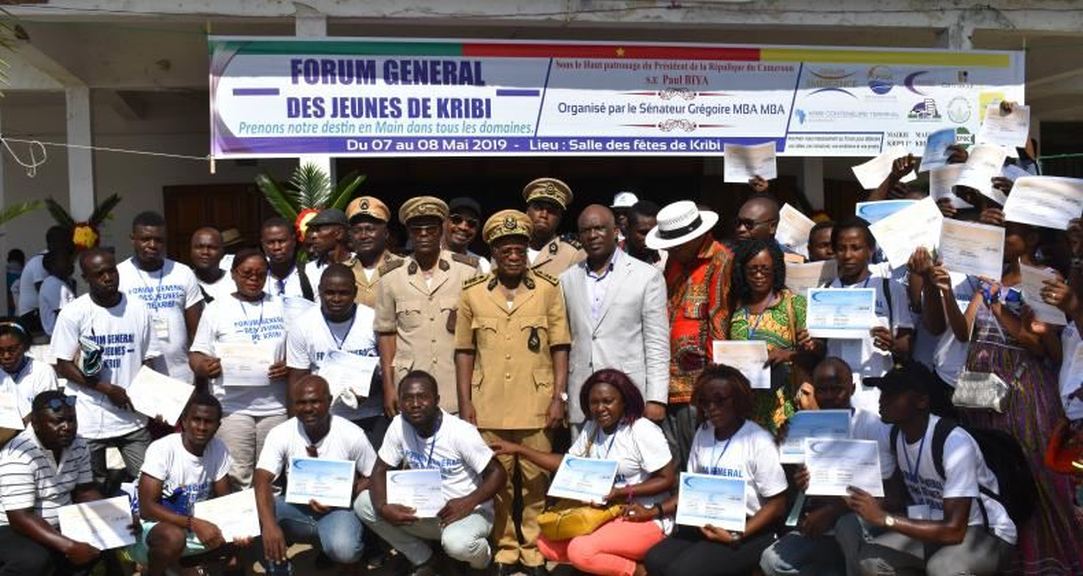
AIVP – Meanwhile, what actions have you already set in motion to tell city inhabitants more about the port, its activities and the job opportunities it offers?
Patrice MELOM, General Manager – Promotion is a continuous process in PAK. We promote ourselves principally through digital outlets and the press, via the PAK website (www.pak.cm), its Facebook, Linkedin and Twitter accounts, our weekly electronic newsletter, the in-house magazine, information leaflets and periodic publicity inserts. We also have a communications campaign going on at the moment, with posters and audiovisual spots broadcast in the national and international media. These communications talk about the quality and performance of our infrastructure, and about our quite enviable geo-strategic positioning.
We also promote the port through regular participation in high added-value events like trade fairs, expos, etc. We make use of these opportunities to communicate other messages about the national and sub-regional importance of the Port of Kribi; the operational excellence of our infrastructure; and the business, investment and employment opportunities available.
PAK is in a partnership with the National Employment Fund (FNE), with a view to combining our efforts to promote the insertion of the young people of Kribi into careers. We have also developed a line of cooperation with the academic world, especially public universities and state-supervised schools, through which we offer paid job-experience positions to students – and even to those who are finishing their studies – to allow them to obtain a few months of professional experience. Some of these positions lead on to an employment contract with PAK.
Furthermore, we organise our own promotional events such as the Port Hackathon. This was held for the first time in 2021, with more than 142 young start-up teams and other students fascinated by ICT. The initiative itself and the enthusiasm of the young participants helped to raise PAK’s profile and to position it as a modern, innovative, “smart” company.
Finally I would like to mention the implementation of our CSR policy, more specifically the Kribi Socio-Economic Support Programme (PASEK) initiated by PAK, which constitutes a genuine platform for exchange with neighbouring communities. Through this interface, we are leading activities to support school excellence, health, sustainable development and many other areas. All of these carry the PAK logo to a local, national and international public.
AIVP – In July 2019 you signed a framework agreement with the City of Kribi. Among the areas targeted for cooperation is the will to “build the city together”, particularly through training in territorial co-construction and port-city relations. Can you tell us a bit more?
Patrice MELOM, General Manager – That is correct: the objects of the agreement signed on 30th July 2019 are territorial co-construction and port-city integration. Various bipartite work sessions have been organised, allowing both sides to assume their roles under the framework cooperation agreement and reflect internally about how it can be put into effect, and what sort of body should be set up to operate it. One concrete action has to do with managing the parking of heavy goods vehicles in the city of Kribi.
It must be recognised, however, that the actions to which we committed in 2019 have been paralysed by certain circumstances; one of these is law N°2019/024 of 24th December 2019, comprising a general code for decentralised territorial organisations in Cameroon which prescribes the reorganisation of urban communities. As a result of this administrative change, our partner – CUK (Communauté Urbaine de Kribi) – has become the City of Kribi.
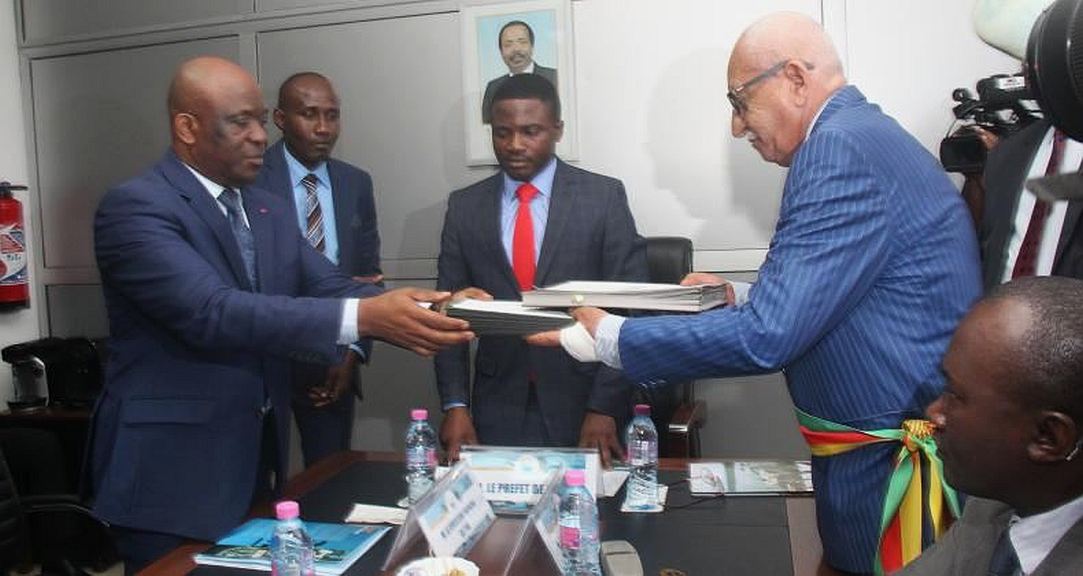
In real terms, we had to sit down with the new executive from the City of Kribi to update our framework agreement. A number of working sessions have been held and we are clearly getting close to the signing of a new project, which will bring us into line with the changes in the administrative plan and also allow us to integrate the new strategic perspectives of both sides.
But already at this stage we can say that this agreement covers, and will certainly continue to cover, numerous aspects of urban redevelopment as a whole, particularly mobility and accessibility, protection of the environment and preservation of natural resources, sustainable urban development, as well as the co-construction of the city that you mentioned and the attractiveness of the port city.
I should add that the Kribi Industrial-Port Complex project contains an important element entitled “New City”. Obviously, this does not mean creating an administrative unit separate from Kribi. It is rather a question of developing high-quality urban infrastructures in significant numbers within the city (housing, shopping centres, schools, hospitals, leisure areas, etc.), to satisfy the demands of a generation of middle-class users that will undoubtedly be drawn to the port of Kribi. In view of this, coordinated work will be needed more than ever, bringing more meaning and consistency to the partnership agreement between PAK and the city of Kribi.

